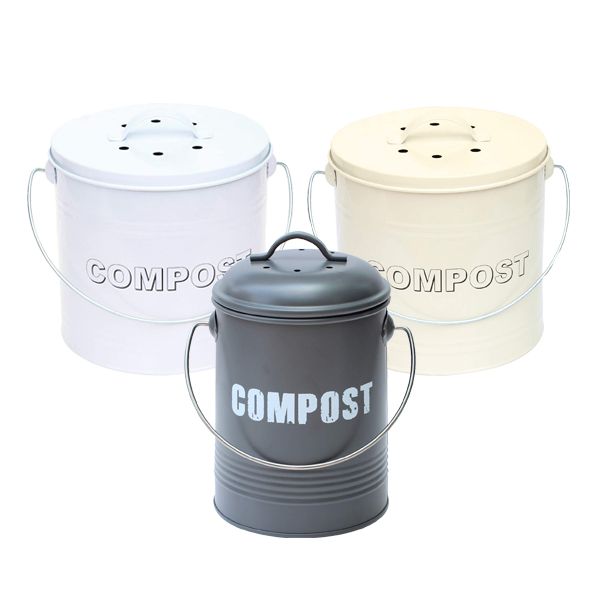The Quest for Optimal Plant Health: Unveiling the Secrets of Compost Planting with the Best Compost

Compost is a valuable organic material that provides essential nutrients and improves soil structure for plants. It’s created through the decomposition of organic matter such as kitchen scraps, yard waste, and other biodegradable materials. Here’s how you can use compost for plants:
- Soil Enrichment: Mixing compost into garden soil improves its fertility, structure, and water-holding capacity. This enhances root growth and provides plants with essential nutrients. Incorporate compost into the soil before planting or as a topdressing around existing plants.
- Mulching: Spread a layer of compost on the soil surface around plants to serve as a mulch. This helps retain moisture, suppress weeds, and gradually release nutrients as it breaks down.
- Potting Mix: Create or enhance potting mixes by adding compost. It improves soil aeration and water retention in containers, providing a healthy environment for potted plants.
- Compost Tea: Brew compost tea by steeping compost in water. This liquid can be used as a foliar spray or soil drench to deliver nutrients and beneficial microorganisms directly to plant leaves and roots.
- Seed Starting: Mix compost with other growing media for starting seeds. The nutrients and organic matter support healthy seedling development.
- Planting Holes: When planting new trees, shrubs, or larger plants, incorporate compost into the backfill soil for improved root establishment.
- Amendment for Poor Soil: In areas with poor or depleted soil, regular additions of compost can gradually transform the soil into a healthier growing medium.
- Crop Rotation: Use compost to replenish nutrients in garden beds between growing seasons to support crop rotation and maintain soil health.
When making or using compost for plants, keep these points in mind:
- Use a balanced mix of green materials (kitchen scraps, grass clippings) and brown materials (fallen leaves, straw) to maintain proper carbon-to-nitrogen ratio for efficient decomposition.
- Avoid composting meat, dairy, oily foods, and pet waste, as they can attract pests or introduce pathogens.
- Regular turning and proper aeration of the compost pile help accelerate decomposition.
- Mature compost should have an earthy smell and crumbly texture.
- When using compost, consider the specific needs of the plants you’re growing, as some might require additional fertilization.
Compost is a sustainable way to recycle organic waste and create a healthier growing environment for your plants, reducing the need for synthetic fertilizers and contributing to more vibrant and productive gardens.
Please follow and like us:

